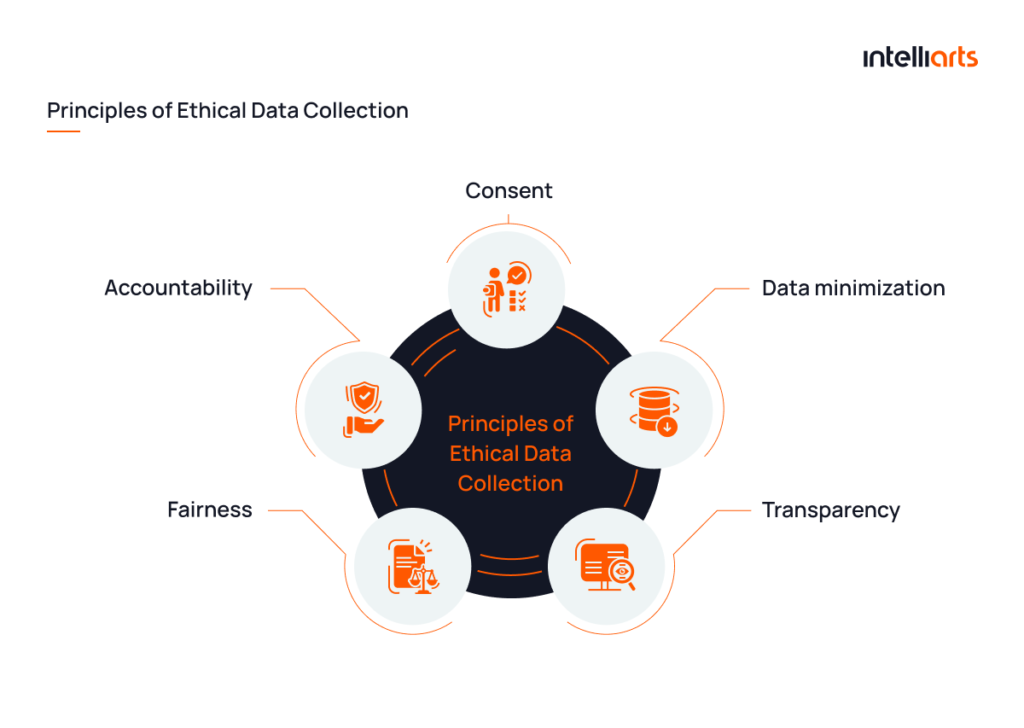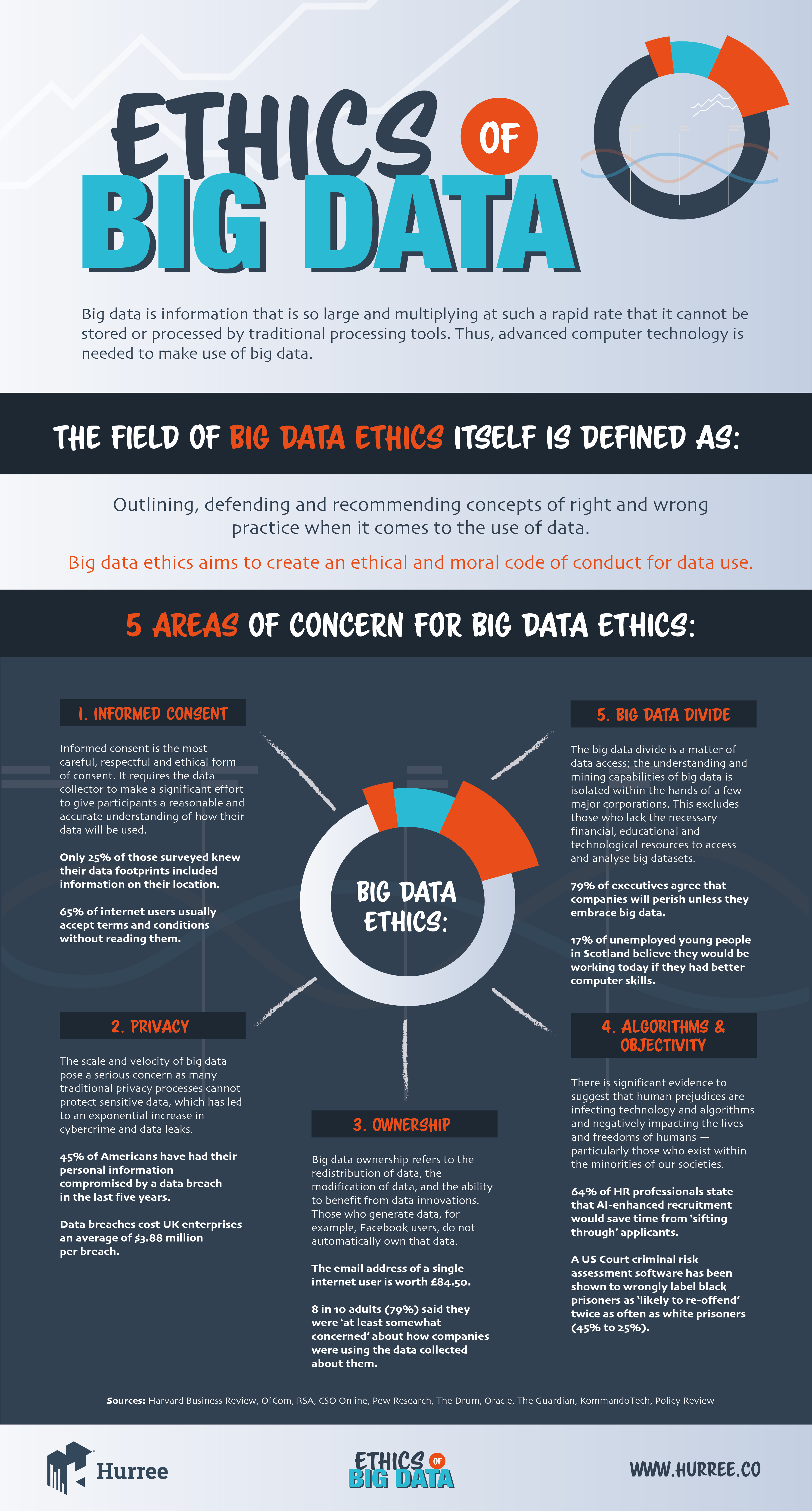Ethical Data Usage in Online Marketing
Ethical data usage in online marketing centers on respecting consumer privacy, ensuring transparency, and building trust. As digital marketing relies increasingly on data analytics, the ethical collection, processing, and sharing of consumer data have become critical for sustainable business practices.
Key Principles of Ethical Data Usage
- Transparency: Marketers must clearly inform consumers about what data is collected, how it will be used, and who will have access to it. This includes providing easy-to-understand privacy policies and avoiding technical jargon.
- Informed Consent: Consumers should have the freedom to give or withhold consent before their data is collected. Consent mechanisms should be explicit, granular (allowing users to choose what data they share), and regularly renewed as preferences may change over time.
- Data Minimization: Only collect data that is necessary for the intended purpose. Excessive data collection not only risks breaching privacy regulations but can also erode consumer trust.
- Security and Protection: Implement robust measures to safeguard collected data against breaches and unauthorized access. Regular audits and compliance with regulations like GDPR and CCPA are essential.
- Anonymization: Where possible, anonymize data to protect individual identities, especially when sharing or analyzing data sets.
Transparency as a Strategic Advantage
Transparency is not just a regulatory requirement—it is a competitive differentiator. A 2022 Deloitte survey found that 79% of consumers are more likely to trust businesses that are transparent about their data practices. Brands like Apple have successfully integrated privacy and transparency into their core messaging, strengthening consumer loyalty.
Examples of Ethical and Unethical Practices
- Positive Example: Netflix uses viewer behavior data to personalize recommendations while maintaining user privacy, demonstrating responsible data usage.
- Negative Example: The Cambridge Analytica scandal highlighted the severe consequences of unethical data practices, including loss of consumer trust and regulatory scrutiny.
- Data Breaches: Incidents like the Equifax breach show how failures in data protection can lead to significant financial, legal, and reputational damage.
Regulatory Landscape
Compliance with data privacy laws such as the General Data Protection Regulation (GDPR) in Europe and the California Consumer Privacy Act (CCPA) in the U.S. is mandatory. These regulations enforce strict guidelines on consent, data access, and the right to be forgotten, requiring marketers to stay informed and adapt their strategies accordingly.
Best Practices for Marketers
| Practice | Description |
|---|---|
| Explicit Consent | Obtain clear, affirmative consent before data collection. |
| Transparent Communication | Clearly explain data practices in plain language. |
| Data Minimization | Collect only what is necessary. |
| Regular Audits | Periodically review data practices for compliance and security. |
| Anonymization | Protect identities by anonymizing data where possible. |
| Easy Opt-Out | Provide straightforward mechanisms for users to withdraw consent. |
Consequences of Ignoring Ethics
Ignoring ethical data practices can result in:
- Loss of Consumer Trust: Nearly 40% of consumers have stopped doing business with companies over privacy concerns.
- Legal Penalties: Non-compliance with regulations can lead to substantial fines—averaging over €100,000 since GDPR enforcement began.
- Brand Damage: High-profile data breaches and unethical practices can cause long-term reputational harm.
Conclusion
Ethical data usage and transparency are foundational to modern online marketing. By prioritizing consumer privacy, obtaining informed consent, minimizing data collection, and maintaining clear communication, marketers can build trust, ensure compliance, and create a sustainable competitive advantage. Ethical practices are not just a legal obligation but a strategic imperative for long-term success in the digital marketplace.




